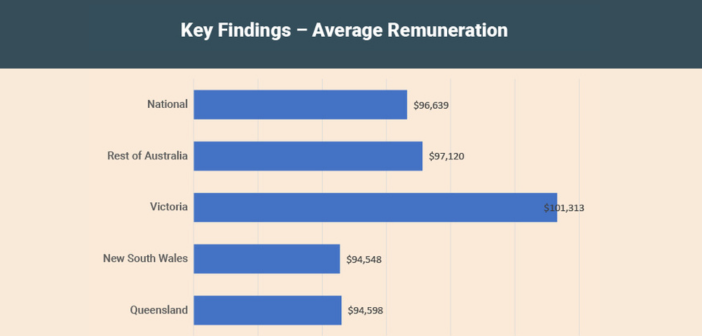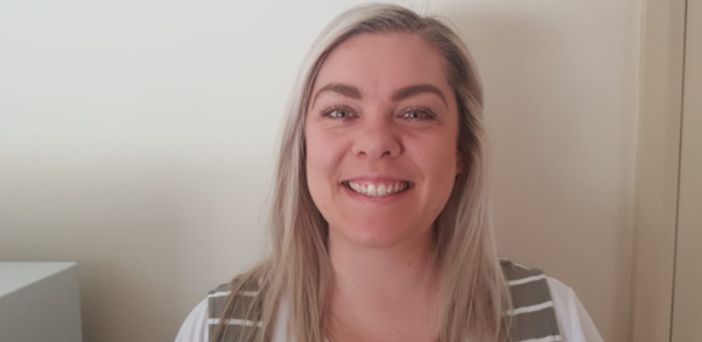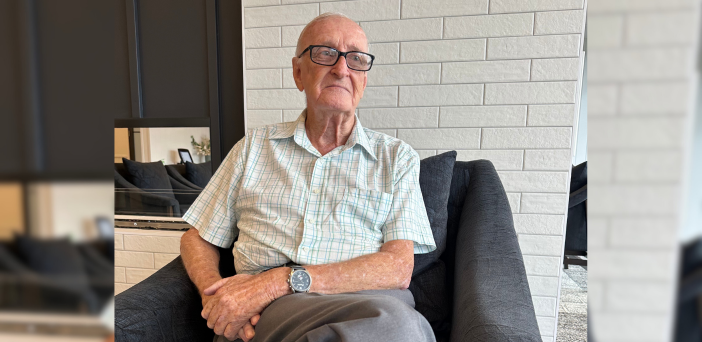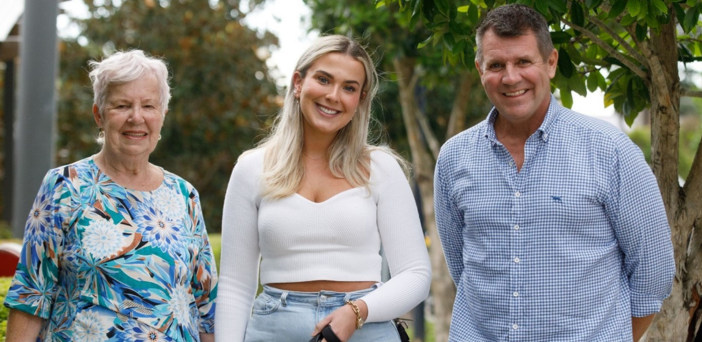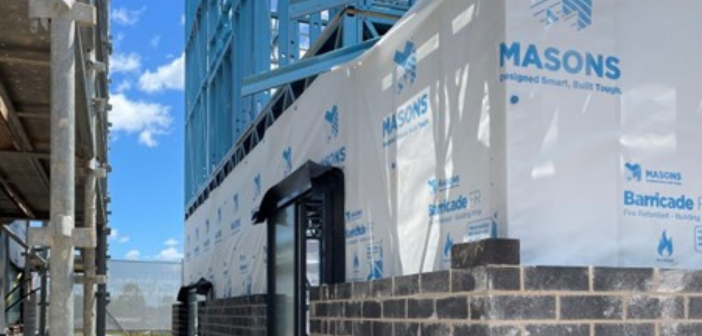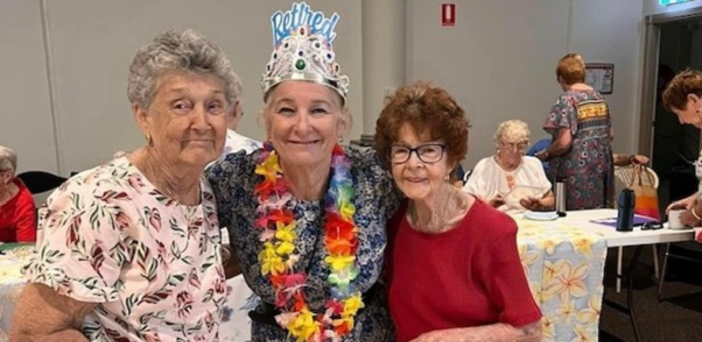Independent research by the DCM Institute has found that the size of a retirement village does increase the likelihood of …
The DCM Institute recently concluded its first Professional Development Day series for 2023, leaving the prestigious Hilton Hotel in Sydney …
It is vitally important for a retirement village manager to encourage the residents to be as independent as they can …
In every senior’s living community, a high proportion of residents will be experiencing grief in one form or another. How …
Tens of thousands of people, of all ages, volunteer to contribute enormously in retirement villages and aged care homes. The …
“A mother is she who can take the place of all others but whose place no one else can take.” …
Over the past few years, the Work Health Safety (WHS) landscape has undergone several changes that affect the way we …
The latest ANZ/Property Council Survey states the nation’s retirement living sector has strong confidence around capital value growth and construction …
Sue Dundas, Village Manager of the Year in 2018, has a dynamic team at Blue Care’s Carlyle Gardens in Townsville, …
BaptistCare Kintyre Living in Dubbo, in NSW’s Central West, laid on a BBQ and serenaded The Royce Ambassador Royce Simmons …
ANZAC Day, Tuesday 25 April, is a very important and special day for many people in retirement living and aged …
World Health Day is a day dedicated to raising awareness about global health and promoting healthy living. This year, the …

